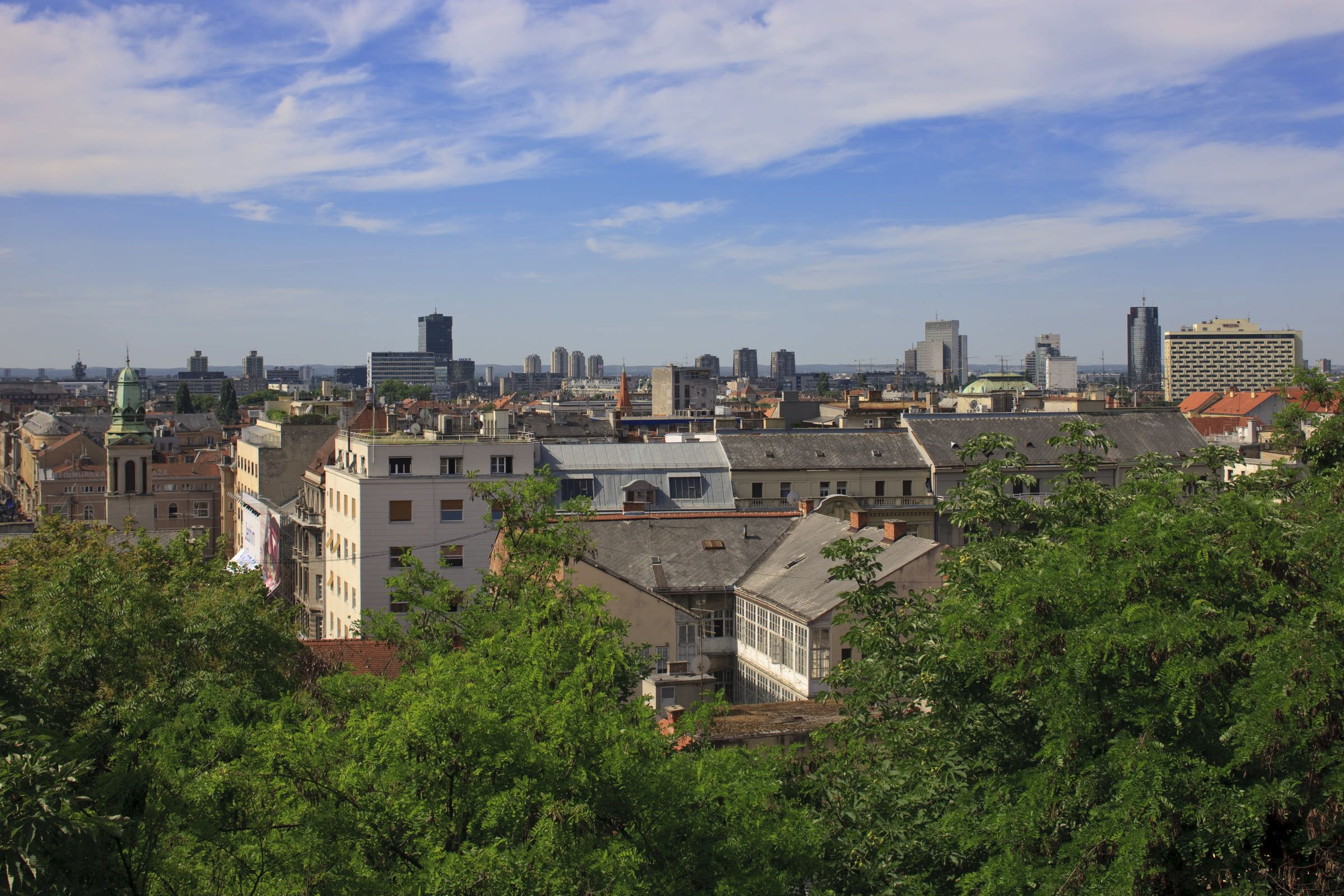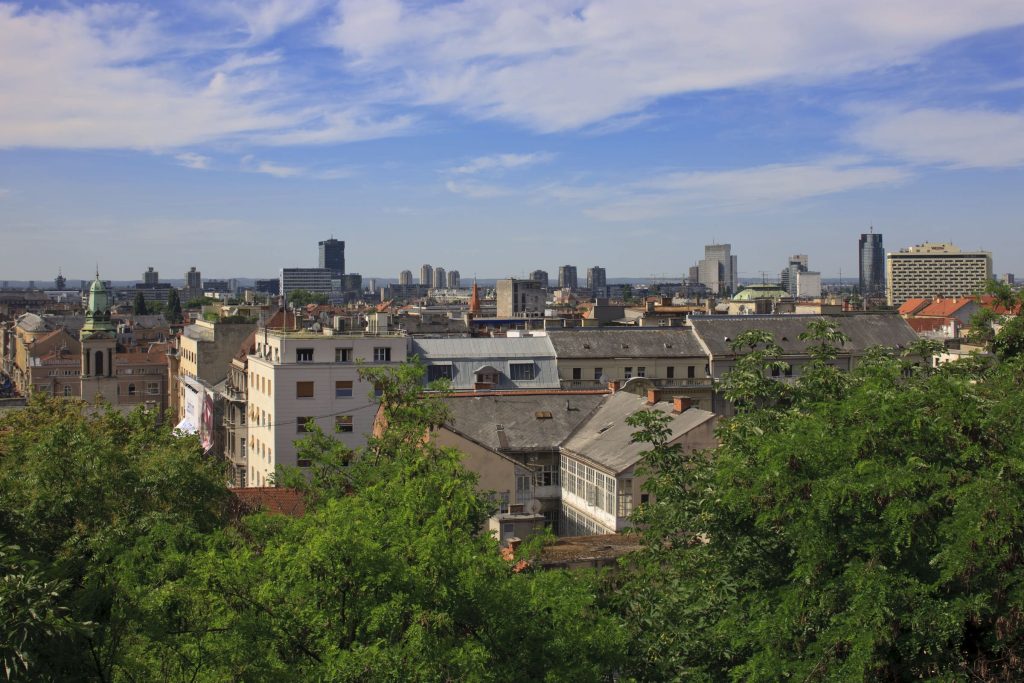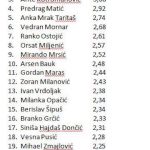
ZAGREB, August 27, 2020 – The government on Thursday sent the bill on the post-quake reconstruction of Zagreb and its environs to parliament for second reading, and the document has incorporated social criteria for co-financing the reconstruction of buildings damaged in the March 22 earthquake.
The bill defines the model whereby the government will cover 60% of the costs of structural reconstruction, while local governments and owners will cover 20% each, with the novelty compared to the first reading being that social criteria have been incorporated with an assets and income test.
The state and local government will cover the full costs of reconstruction for poorer residents in Zagreb and two neighbouring counties whose homes were damaged in the earthquake. The residents who have minimum wages and do not have any significant assets are eligible for this scheme.
This means that property owners whose income last year did not exceed HRK 4,000 per each member of the household and who did not have assets valued at more than HRK 200,000 on the day of the earthquake, will be exempt from covering 20% of the costs of reconstruction of their damaged homes.
The full cost of reconstruction will be covered for all Homeland War disabled veterans and beneficiaries of welfare benefits.
The government adopted a conclusion on temporary accommodation for people whose homes were damaged in the quake and are currently staying in the Cvjetno Naselje student dormitory.
There are currently 275 people in the dorm and the Ministry of Physical Planning, Construction and State Assets has been commissioned to, in cooperation with the City of Zagreb to find adequate accommodation for these people, said state-secretary in the construction ministry, Dunja Magas.
The funds necessary to cover these costs will be secured from the EU Solidarity Fund and the new temporary accommodation has to be found by September 15.
The strong earthquake that hit Zagreb and surrounding areas on March 22, claimed one young life and damaged 25,000 buildings. Over 6,000 building, including kindergartens, schools, faculties and scientific and cultural institutions, were left unusable or temporarily unusable.
The damage is estimated at HRK 86 billion kuna, and reconstruction is likely to take years.
For the latest travel info, bookmark our main travel info article, which is updated daily.
Read the Croatian Travel Update in your language – now available in 24 languages
Join the Total Croatia Travel INFO Viber community.











